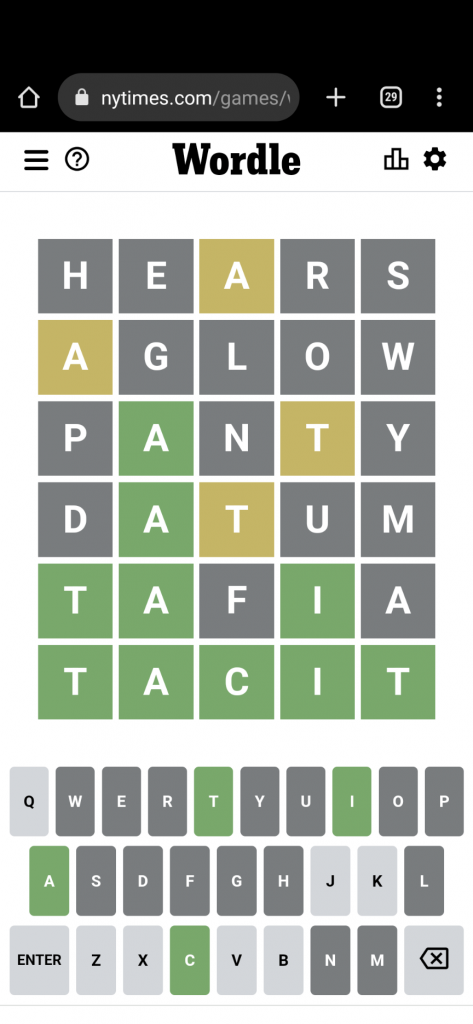Last week I blogged about an Amazon technology called “Just Walk Out.”
Essentially, the technology charges consumers for their purchases when they leave the store. No cashiers or long line ups. No monetary transactions of any kind. It’s a seamless experience.
Except…the experience of having cameras and sensors track, monitor, and record every movement in a grocery store seems creepy. Do I really want something to know this much about my grocery store shopping habits? I realize a certain amount about my shopping habits is already being tracked, analyzed, and monetized from credit card transactions.
Even so, the “Just Walk Out” technology takes it to a new level. It has to in order to be effective in charging people for what they actually take when they leave the store. But do I really want a report of how long I spent shopping? Or how many things I put in my virtual cart and returned to the shelf before leaving? Or how long I spent considering a certain item? Is this useful information?
To me, it likely isn’t very useful. However, to the company it’s probably a gold mine of information. Within a short period of time I’m sure stores utilizing the “Just Walk Out” technology will have all kinds of new insights on their customers. In the long run, will this improve my shopping experience? Or just make it one more opportunity to inundate me with too many ads and tempting offers?
Maybe the problem is me, that I’m too old-fashioned about grocery shopping. For example, I tried hard to appreciate online grocery shopping during the pandemic. I thought it would be a great time saver and a huge convenience. Instead, finding the things I wanted to buy online took longer than actually going to the store. This was a direct result of poor search options for many online grocery stores. I also found the accuracy was lacking. It seemed there was always something off about my order. Either I had things I never ordered or I was missing items. Or sometimes I ended up with these bizarre substitutions.
For me, online grocery shopping was not hugely successful. I’ll reserve judgement about using “Just Walk Out” until I get an opportunity to try it. Creepiness aside, being able to shop and avoid lining up to pay sounds like a real convenience and a time saver.


